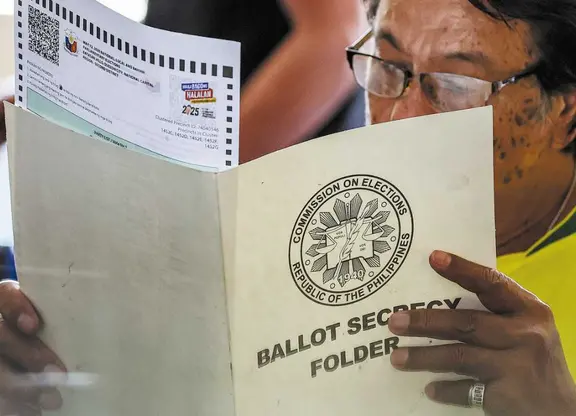California, which has had more coronavirus cases than any other state in the United States, is bracing for potential community transmission of the virus, as residents are stocking up on essentials and patients cancel visits to hospitals.
California has reported three cases of coronavirus infection of unknown origin as of Sunday, in which the patients haven't traveled to any country hit hard by the epidemic or come into contact with people who had the virus. Health experts refer to such circumstances as "community transmission."
The U.S. first case of community transmission is a woman in Solano County, California. The county's officials announced earlier in the week that she had been in community and shown symptoms before being admitted into hospital on Feb. 15. The state is trying to find anyone who might have come in contact with her.
Santa Clara County, the center of Silicon Valley, has reported two cases of community spread -- "an older adult woman" and "an adult women" who were in the same household -- were detected to have the virus on Friday and Saturday, respectively.
"Now is the time to prepare for the possibility of widespread community transmission," said the Public Health Department of Santa Clara County in a press release.
The U.S. Centers for Disease Control and Prevention (CDC) also has warned the public of an inevitable outbreak of coronavirus within the United States, and said that the outbreak could lead to a "disruption to everyday life."
"Preparation is key. At this time I think preparation is the right action but no panic," said Albert Wang, a doctor at Palo Alto Medical Foundation in California.
"The community transmission in South Korea, Italy, and probably Iran, has caused concern as some did not have clear path to China as a source," he said, but he advised people not to panic at this time while getting prepared.
At Wang's facility in Silicon Valley, all patients who have a cough or fever will be screened for travel history and contact with travel history. For those who are suspected, they are asked to enter through separate entrance and then taken into a negative pressure room, where a nurse in protective gear will go in to ask questions and take a sample for testing if needed.
"Many patients have expressed concern about coming to a medical facility since there is a higher chance of getting infected. We provide masks for anyone with a cough and try to get them into a room as soon as possible so they're not out in the waiting area long," said Wang.
"There is more than normal number of cancellations for non-urgent patients in the last couple of weeks, perhaps due to fear of the virus," he said.
A lot of shopping lists are circulated on social media for how to survive a pandemic. Many health officials are advising people to stock up on a two-week supply of non-perishable foods, prescription medicine, and sanitary supplies.
At the same time, Karen Eggleston, deputy director of Shorenstein Asia-Pacific Research Center at Stanford University, stressed the importance of investment in health system.
"A crisis can strain any health system. A crisis underscores what can be forgotten in normal times: the vital social and economic importance of investing in a high-functioning health system," she said.
(ASIA PACIFIC DAILY)
 简体中文
简体中文














